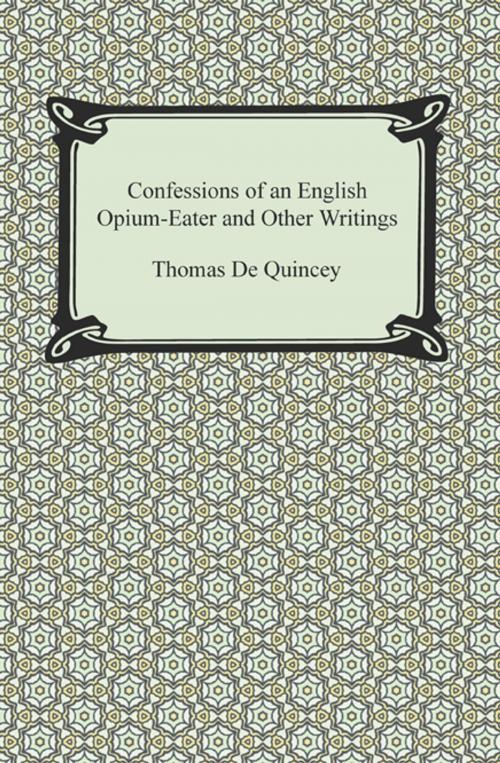| Author: | Thomas De Quincey | ISBN: | 9781420947212 |
| Publisher: | Neeland Media LLC | Publication: | December 15, 2009 |
| Imprint: | Digireads.com Publishing | Language: | English |
| Author: | Thomas De Quincey |
| ISBN: | 9781420947212 |
| Publisher: | Neeland Media LLC |
| Publication: | December 15, 2009 |
| Imprint: | Digireads.com Publishing |
| Language: | English |
Thomas De Quincey, an English essayist during the turn of the nineteenth century, began life as a fairly sickly child, and would spend much of his life in the grips of one illness or another. Through a series of misguided attempts at getting an education, De Quincey dropped out of college and instead became a vagrant. The youth barely had enough food to eat and resorted to begging in order to survive. These years served as a depressing foundation for his later years, which were marred by isolation and solitude. After eventually returning to and graduating from university, De Quincey became a journalist and translator. His works gained little popularity. De Quiney's resulting depression crippled him, and the forlorn man turned to opium in order to escape from reality. The use quickly turned to abuse, though, which was the subject of De Quincey's most famous work "Confessions of an English Opium-Eater." The piece made him an overnight sensation as it detailed his personal background and spiraling drug abuse. De Quincey revised and republished the piece a number of times in order to address questions and criticisms that the population had about his portrayal of the addiction. This essay, along with three other works, are included in the collection "Confessions of an English Opium-Eater and Other Writings."
Thomas De Quincey, an English essayist during the turn of the nineteenth century, began life as a fairly sickly child, and would spend much of his life in the grips of one illness or another. Through a series of misguided attempts at getting an education, De Quincey dropped out of college and instead became a vagrant. The youth barely had enough food to eat and resorted to begging in order to survive. These years served as a depressing foundation for his later years, which were marred by isolation and solitude. After eventually returning to and graduating from university, De Quincey became a journalist and translator. His works gained little popularity. De Quiney's resulting depression crippled him, and the forlorn man turned to opium in order to escape from reality. The use quickly turned to abuse, though, which was the subject of De Quincey's most famous work "Confessions of an English Opium-Eater." The piece made him an overnight sensation as it detailed his personal background and spiraling drug abuse. De Quincey revised and republished the piece a number of times in order to address questions and criticisms that the population had about his portrayal of the addiction. This essay, along with three other works, are included in the collection "Confessions of an English Opium-Eater and Other Writings."















